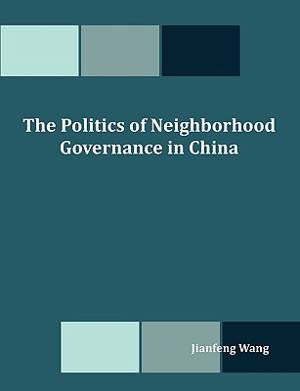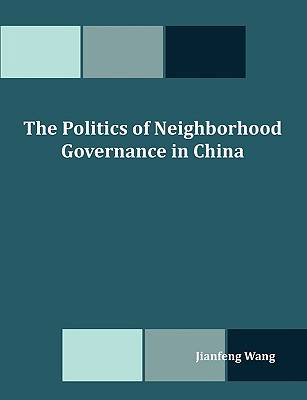
- Retrait gratuit dans votre magasin Club
- 7.000.000 titres dans notre catalogue
- Payer en toute sécurité
- Toujours un magasin près de chez vous
- Retrait gratuit dans votre magasin Club
- 7.000.0000 titres dans notre catalogue
- Payer en toute sécurité
- Toujours un magasin près de chez vous
41,95 €
+ 83 points
Description
For the nearly three decades of coexistence between economic liberalization and political authoritarianism, China remains as an anomaly to the liberal mantra of our time. This book explores a segment of the China Paradox, the state-society interaction channeled by the Residents Committee. Being the largest urban neighborhood organization, the committee deserves study because of its controversial status between ordinary residents it claims to represent and the authoritarian state. The committee enters the discourse as a directly congruent example of the same paradox that the whole China displays, when it is endowed with important, yet tension-changed statutory functions ranging from social control to service provision and neighborhood self-governance. How, and under what conditions, does the committee carry out its functions? What can be learned about changing state-society relations from the dynamics of neighborhood politics in China? This book draws its analytical framework on the theoretical models of state penetration, civil disobedience, corporatism, and synergy, as well as on the practices of American, Cuban, and Japanese neighborhood organizations and the Chinese Rural Villagers Committee. Four distinctive Residents Committees in Tianjin City are studied in detail, and their functions are identified and explained primarily through their structural connections with the lowest state organ in cities, the street office, and residents (including other neighborhood organizations and activists). The book reveals multiple possibilities of Chinese social/political transformation. Among them emerges a promising trend of state-society cooperation, which is realigning and accommodating political authoritarianism and economic openness into a seemingly sustainable pattern of development at the urban grassroots. Referred to as an "amphibian" organization spanning public-private division, the committee highlights the limits of the state-society antithesis in the study of political transformation. The observed patterns of neighborhood politics also raise caution against the universal applicability of the liberal norm of civil society to countries like China with distinctive conditions from which the original norm is present and constructed.
Spécifications
Parties prenantes
- Auteur(s) :
- Editeur:
Contenu
- Nombre de pages :
- 204
- Langue:
- Anglais
Caractéristiques
- EAN:
- 9781599427072
- Date de parution :
- 01-03-08
- Format:
- Livre broché
- Format numérique:
- Trade paperback (VS)
- Dimensions :
- 189 mm x 246 mm
- Poids :
- 371 g

Les avis
Nous publions uniquement les avis qui respectent les conditions requises. Consultez nos conditions pour les avis.






